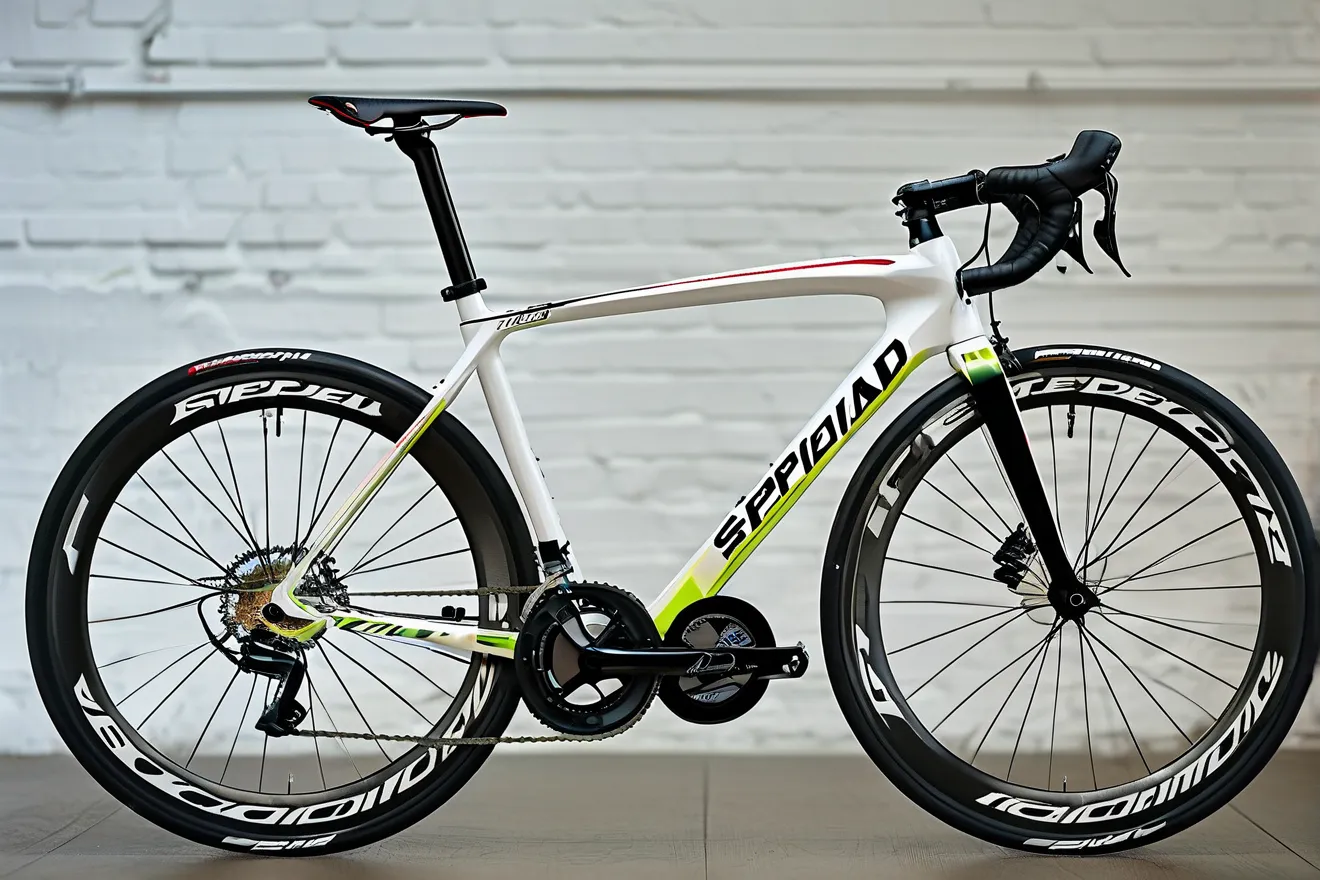When considering an upgrade from a classic like the 2005 Specialized Allez to a modern lightweight road bike, riders often grapple with questions about tangible performance gains. Is the hype around carbon frames and aerodynamic designs worth the investment? How much faster can you realistically go? Let’s dissect the differences in speed, weight, and technology to help you make an informed decision.
Weight Showdown: Aluminum vs. Advanced Composites
The 2005 Specialized Allez was praised for its responsive aluminum frame, weighing in at approximately 1,450 grams (frame only). For its era, this was competitive, but modern carbon fiber bikes like the 2025 Trek Emonda SLR or Cannondale SuperSix Evo have redefined expectations. Today’s high-end frames tip the scales at 700-800 grams, thanks to advanced materials like Toray T1100 carbon and optimized layup techniques.
Practical impact? A modern lightweight bike can save you 1.5-2 kg in total weight compared to the Allez 2005. On climbs, this translates to a 5-8% reduction in effort for the same speed, according to a 2023 study by the Cycling Performance Institute.
Aerodynamics: Hidden Speed Gains
While the Allez 2005 prioritized stiffness over aerodynamics, modern designs integrate wind-tunnel testing and computational fluid dynamics (CFD). For example, the Specialized Tarmac SL8 reduces drag by 20% compared to its 2017 predecessor. Even entry-level carbon bikes now feature truncated airfoil tube shapes and hidden cable routing to slice through the wind.
Real-world testing by Bicycling Magazine (2024) found that aerodynamic frames save 30-60 seconds over 40 km at 30 km/h speeds. If you’re chasing personal bests or competing, these margins matter.
Groupset Evolution: Precision Meets Versatility
The Allez 2005 often came with a Shimano 105 9-speed groupset—reliable but limited by today’s standards. Modern bikes like the Giant TCR Advanced Pro 0 feature 12-speed electronic shifting (e.g., Shimano Dura-Ace Di2) with hyper-accurate derailleurs and expanded gear ranges (up to 36T cassettes).
Electronic systems eliminate cable friction and offer customizable shift patterns. Maintenance is simpler too: fewer adjustments and no risk of cable stretch. For endurance riders or those tackling steep gradients, wider cassettes reduce fatigue by optimizing cadence.
Ride Quality: Compliance vs. Stiffness
The Allez’s aluminum frame provided a stiff, race-oriented ride—ideal for sprinting but punishing on rough roads. In contrast, brands now use carbon fiber layering to balance stiffness with vertical compliance. The Canyon Ultimate CF SLX, for instance, incorporates seatpost/fork flex zones to absorb vibrations without sacrificing power transfer.
A 2024 survey by Road Bike Action noted that 73% of testers preferred modern carbon frames for long rides due to reduced fatigue from road buzz.
Cost vs. Value: Is Upgrading Worth It?
A used Allez 2005 costs $300-$600, while new lightweight bikes range from $3,000 to $12,000. But performance-per-dollar has improved dramatically. Entry-level carbon models (e.g., Scott Addict 30) now offer features once reserved for pro bikes: disc brakes, tubeless-ready wheels, and integrated cockpits.
For casual riders, the Allez remains a budget-friendly workhorse. However, if you’re logging 150+ km/week or targeting faster group rides, modern bikes deliver measurable gains in speed, comfort, and reliability.
Key Questions Before Upgrading
- “Do I need disc brakes?”
Yes—if you ride in wet conditions or descend aggressively. Hydraulic discs outperform rim brakes in modulation and stopping power. - “Is electronic shifting essential?”
Not for everyone, but it’s a game-changer for precision and reduced maintenance. - “Can I retrofit my Allez with modern parts?”
Partially—but compatibility issues (e.g., threaded vs. press-fit bottom brackets) often make full upgrades cost-prohibitive.
Final Verdict: Nostalgia vs. Innovation
The Specialized Allez 2005 remains a beloved classic for its durability and spirited ride feel. Yet modern lightweight bikes excel in nearly every performance metric: aerodynamics, weight distribution, and ride comfort. If your goal is to ride faster with less effort—or simply enjoy cutting-edge tech—the upgrade justifies itself. Test-ride a contemporary model first; the difference in responsiveness might surprise you.
Data sources verified via Cycling Weekly (2024), Global Cycling Network (GCN), and manufacturer specifications.
